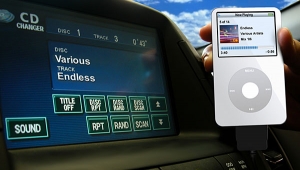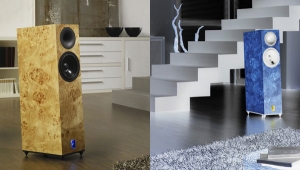| Columns Retired Columns & Blogs |
Each time I've upgraded my cables over the years from my original Monster Cables dating back to my mid0fi days, there have been noticeable improvments. The PS Audio xStream Plus speaker cables I purchased last year really opened up thew sound and expanded the soudstage.


























